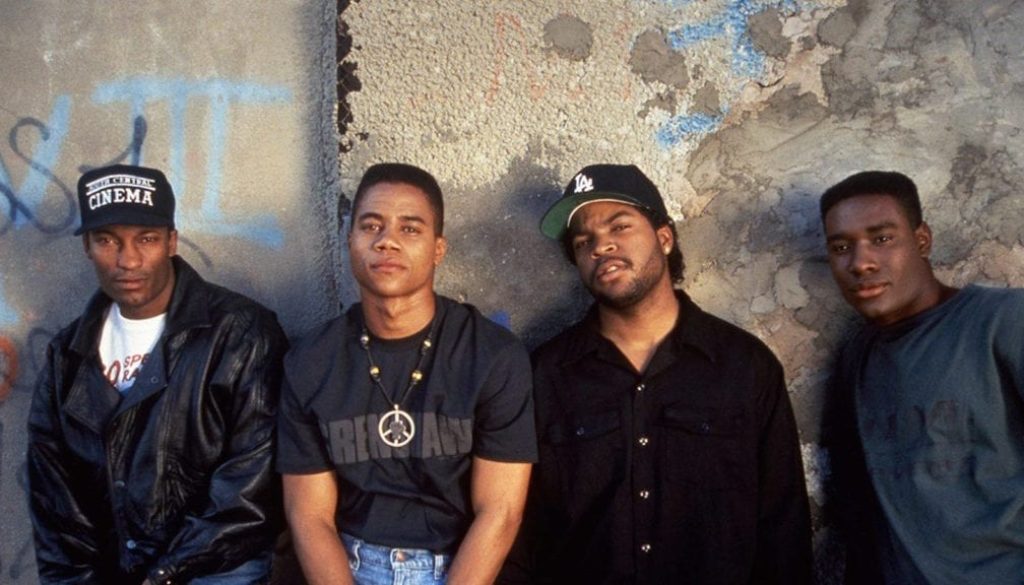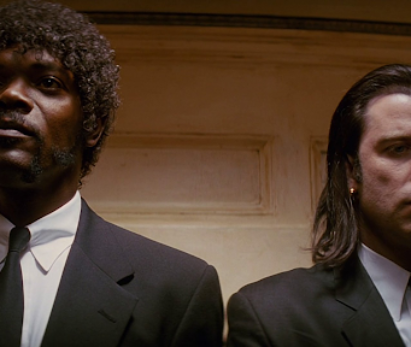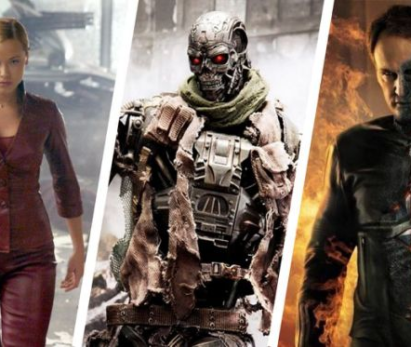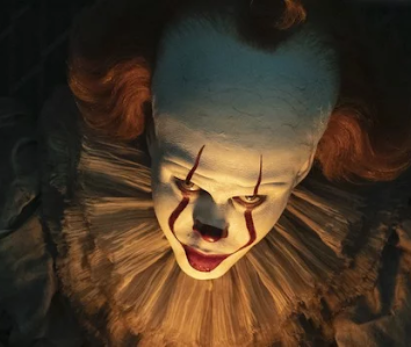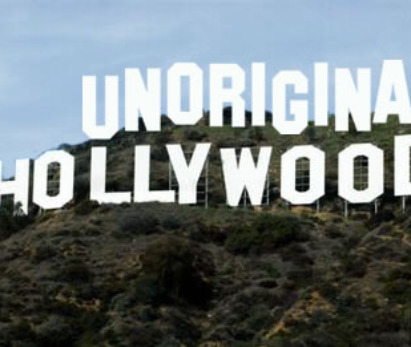The Legacy of Film Mogul, John Singleton
Recently, the film community lost a pioneer. John Singleton, was 51-years-old, and known for directing Boyz N the Hood, passed away from an apparent stroke. He was taken off life support and laid to rest in Los Angeles, California.
His film resume lists several impactful films in the 1990’s, especially for the African American community, that included Boyz N the Hood, Poetic Justice, Higher Learning, and Rosewood, in which he directed, produced and wrote. He was the first African American to be nominated for an Academy Award(1991) for best director for his participation in Boyz N the Hood.
Singleton’s later films, Baby Boy (2001), and Four Brothers (2005), were the icing on the cake that helped his place as one of the best filmmakers and certainly launched the acting careers of Tyrese Gibson and Taraji P. Henson.
Singleton made an avenue for creating films that captivated, entertained and even educated his viewers. Boyz N the Hood, his directorial debut, showed what it was like to grow up in the hood of South Central, Los Angeles.
It gave many people their first insights into an environment they heard only in the media, but never experienced. Singleton tackled several topics in the movie from gentrification, post traumatic stress disorder, police brutality and the importance of African American fathers in the household.
In Baby Boy, we see yet another “hood” film, but this time Singleton highlights what happens when a boy never grows up. Tyrese Gibson plays a character that is overprotective of his mother, cheats on his girlfriend and tries to fulfill a gangster lifestyle that simply was is not him.
The characters Singleton created resonated so much with his audiences. They left behind so many quotables and memorable scenes. The ending scene in Boyz N the Hood gave us the famous quote by Ice Cube which said, “Either they don’t know, they don’t show, or they don’t care about what’s going on in the hood”.
“Poetic Justice” made women learn a different side of black men. Lead actor, Tupac Shakur, played a black man that was full of mistakes, but still knew how to be sympathetic, romantic, loving and caring. Singleton shattered the stereotype of the angry black man, yet stayed true to illustrating the struggles and mindset of average Black men in America during the 1990’s.
One could go on for days about what John Singleton has done for film. He is a role model for filmmakers worldwide, and a groundbreaking trendsetter for African Americans aspiring to break into the film industry. John Singleton will definitely be missed.
